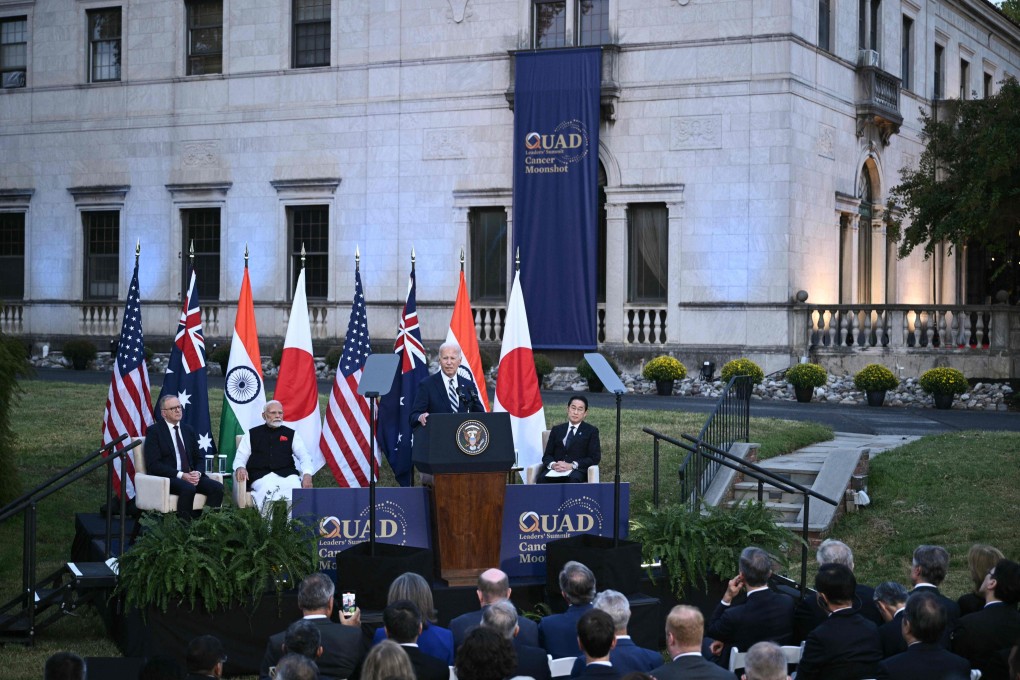US consensus on countering China will keep Quad relevant under Trump: experts
The security grouping with Australia, Japan and India is unlikely to thrive as it has under Biden but remains important, observers say

The grouping ceased in 2008 when Australia withdrew during Kevin Rudd’s tenure as prime minister. It was resurrected in Trump’s first term as a security grouping, in response to China’s growing influence in the Asia-Pacific.
It became a pillar of Washington’s Indo-Pacific strategy under Biden, who turned the framework into a head-of-state level mechanism with an annual summit focusing on maritime security and freedom of navigation – with China as the elephant in the room.
On Tuesday, the US State Department published a joint statement with its Quad counterparts to mark the grouping’s 20th anniversary and reaffirming its vision of a “free and open Indo-Pacific” and its support for regional stakeholders.